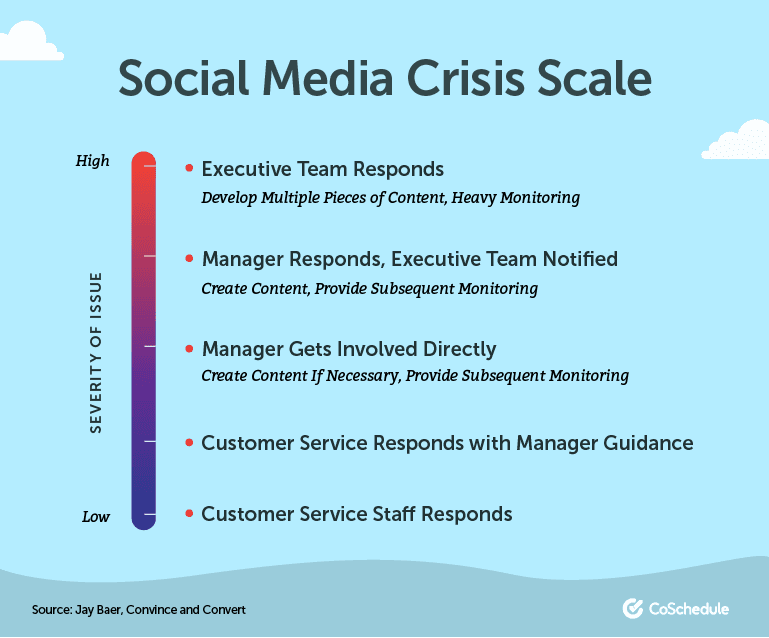The Role of Social Media in Crisis Communication
In today’s digital age, social media has become an essential tool for businesses to communicate with their customers, especially during times of crisis. With the ability to reach millions of people instantly, social media platforms have revolutionized the way companies handle crisis communication. In this article, we will explore the role of social media in crisis communication and discuss how businesses can effectively leverage these platforms to manage crises.
Real-Time Updates
One of the most significant advantages of using social media for crisis communication is the ability to provide real-time updates to your audience. In a crisis situation, it is crucial to keep your customers informed about what is happening and how it may affect them. Social media allows businesses to post updates instantly, ensuring that customers are kept in the loop at all times.
By providing real-time updates on social media, businesses can address any concerns or misinformation that may be circulating online. This helps to build trust with customers and demonstrates transparency, which is essential during a crisis.
Engagement with Customers
Social media also allows businesses to engage directly with their customers during a crisis. By responding to comments and messages on social media platforms, businesses can address customer concerns and provide reassurance in a timely manner. This two-way communication helps to humanize the brand and build a stronger connection with customers.
Furthermore, social media provides businesses with the opportunity to gather feedback from customers in real-time. By monitoring conversations on social media, businesses can identify trends and issues that need to be addressed, allowing them to adjust their crisis communication strategy accordingly.
Crisis Response Strategy
Having a well-defined crisis response strategy is essential for businesses when managing crises. Social media can play a crucial role in executing this strategy effectively. By pre-planning social media posts and responses, businesses can ensure that they are prepared to handle any crisis that may arise.
During a crisis, businesses can use social media to communicate key messages, direct customers to additional resources, and provide updates on the situation. This allows businesses to maintain control of the narrative and ensure that accurate information is being shared with the public.
Building Trust and Credibility
Effective crisis communication on social media can help businesses build trust and credibility with their customers. By being transparent, responsive, and empathetic, businesses can demonstrate that they are taking the crisis seriously and are committed to resolving the issue.
Customers appreciate businesses that are proactive in their crisis communication efforts and are quick to address any concerns. By using social media to communicate openly and honestly with customers, businesses can strengthen their reputation and build long-lasting relationships with their audience.
Conclusion
Social media plays a crucial role in crisis communication for businesses in the tech niche. By providing real-time updates, engaging with customers, implementing a crisis response strategy, and building trust and credibility, businesses can effectively manage crises and protect their reputation. By leveraging the power of social media, businesses can turn a crisis into an opportunity to strengthen their brand and connect with their customers on a deeper level.


